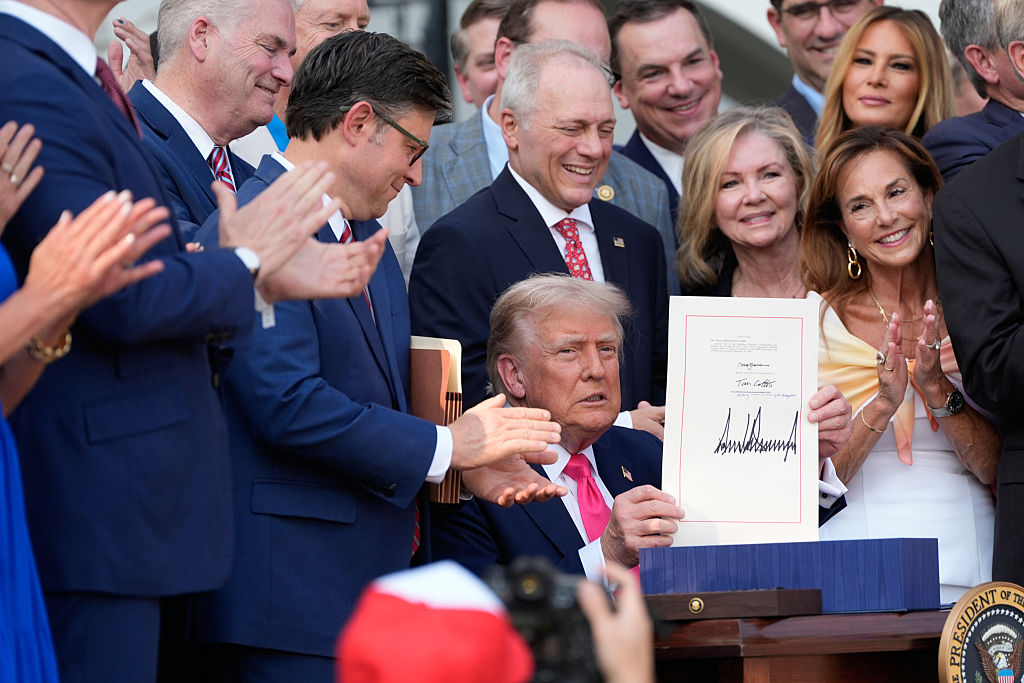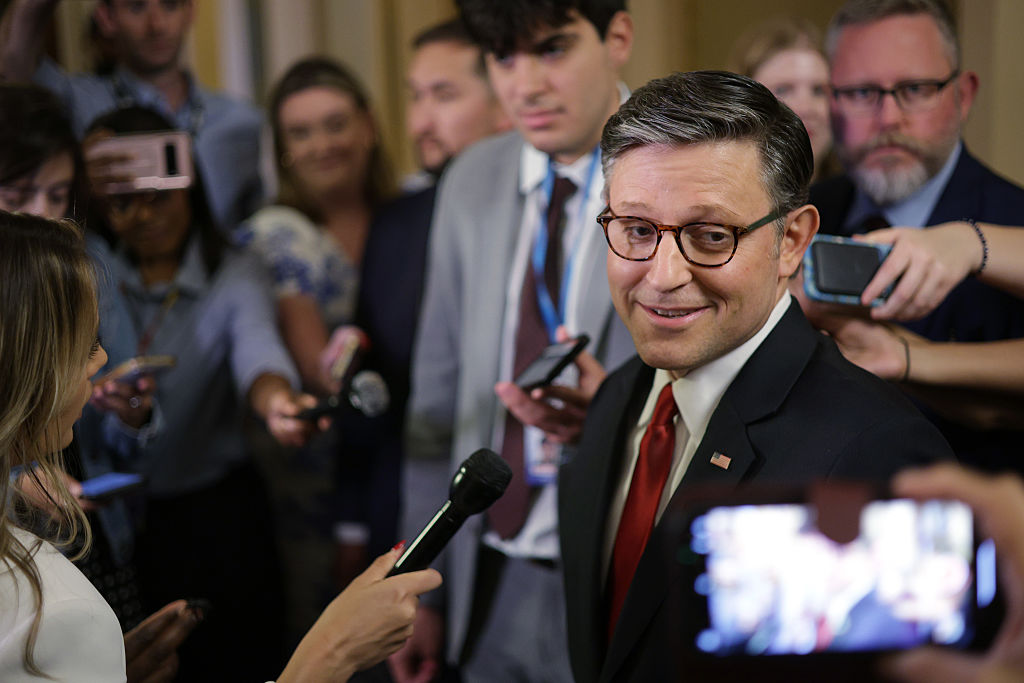Not enough people are asking a pretty obvious question: will 2024 be the last cycle where Iowa and New Hampshire are the first states in the nation to vote on the presidential nomination? Democrats have already ditched them. The decision by party leaders to move away from the Iowa-New Hampshire schedule for the first caucus and first primary in the nation was motivated by a recognition that the two states no longer represent the populations at the center of their current coalition. In other words: there are too many white people in these places. So South Carolina is now their first real state that counts, at least for this cycle — but probably for the foreseeable future, as Democrats shift toward their coalition of black Americans, single women and college-educated suburbanites.
The two parties tend to emulate each other when it comes to schedules, but Iowa and New Hampshire aren’t as non-representative for Republicans as they are for Democrats. That said, the unique aspect that makes this a real possibility is the level of personal vindictiveness that resides well within the capacity of the frontrunner. If New Hampshire, for instance, were to reject Donald Trump in favor of Nikki Haley, it is hard to believe that he would not exert his considerable strength over the Republican National Committee to take away the state’s first in the nation status as punishment for their sin. And if you don’t believe he’s that petty, well, I don’t think you know the man.
As I note in my latest Fox News podcast, the history of these two states as leading the determinative primary process for both parties is a lot younger than you might think, dating back only to the 1970s. There’s no particular reason Republicans should invest so much weight in two states that have, in the past thirty years, selected just two candidates who eventually became presidents. And for a GOP coalition that, similarly to Democrats, has shifted dramatically in the past ten years, it makes a lot more sense to have states earlier in the process that offer more opportunities for this remade electorate to weigh in. The fact that people like Bob Vander Plaats and Chris Sununu will matter far less in such a shifted process, well, that’s just a bonus.
The shifts don’t need to be dramatic, and they could easily stay within the regions in question. A state like Wisconsin is more critical for a general election than a state like Iowa — and a state like North Carolina is more indicative of the kind of electorate a GOP candidate needs to meet than a state like South Carolina. But winning a state like New Hampshire — with a mere 1.3 million people who together elected two Democratic senators, two Democratic House members, out of a population that is 93 percent white and, according to Gallup, the least religious in the country — is just not representative of where the Republican Party is, where it is going, or where it wants to go.
Perhaps Republicans will hold on to tradition, even a relatively short one, and stick to Iowa and New Hampshire for the next few cycles. But it’s really only a question of when the party shifts, not if. These states are not growing, and they are not filled with the types of voters Republicans need to win on a national level to take back the White House.


























Leave a Reply